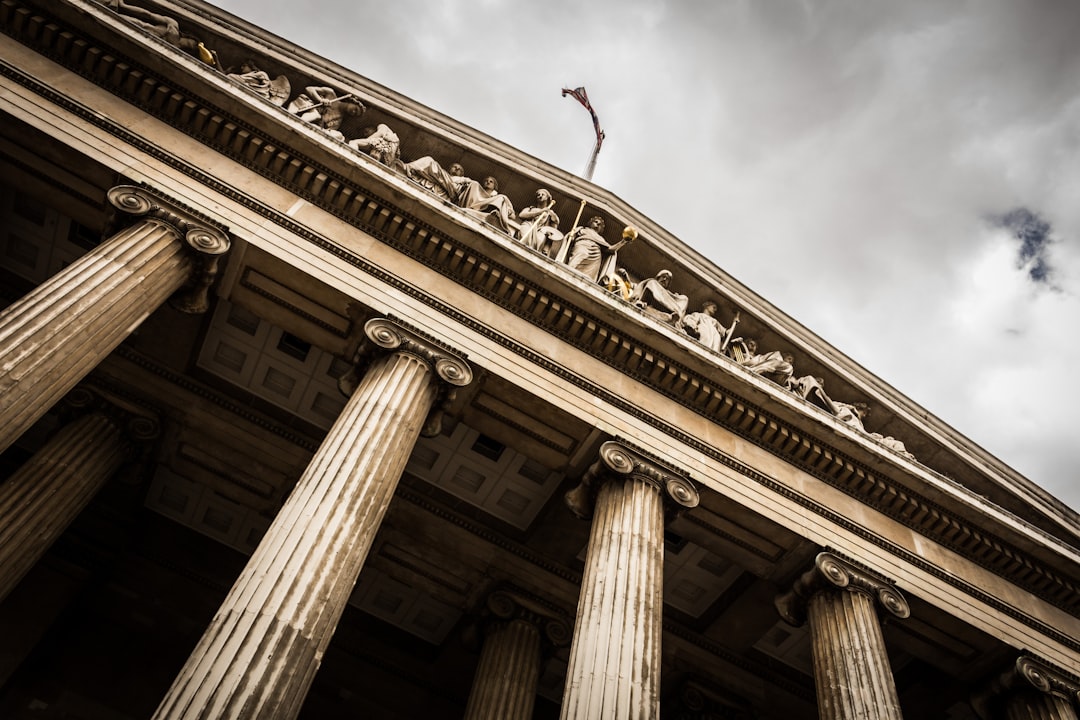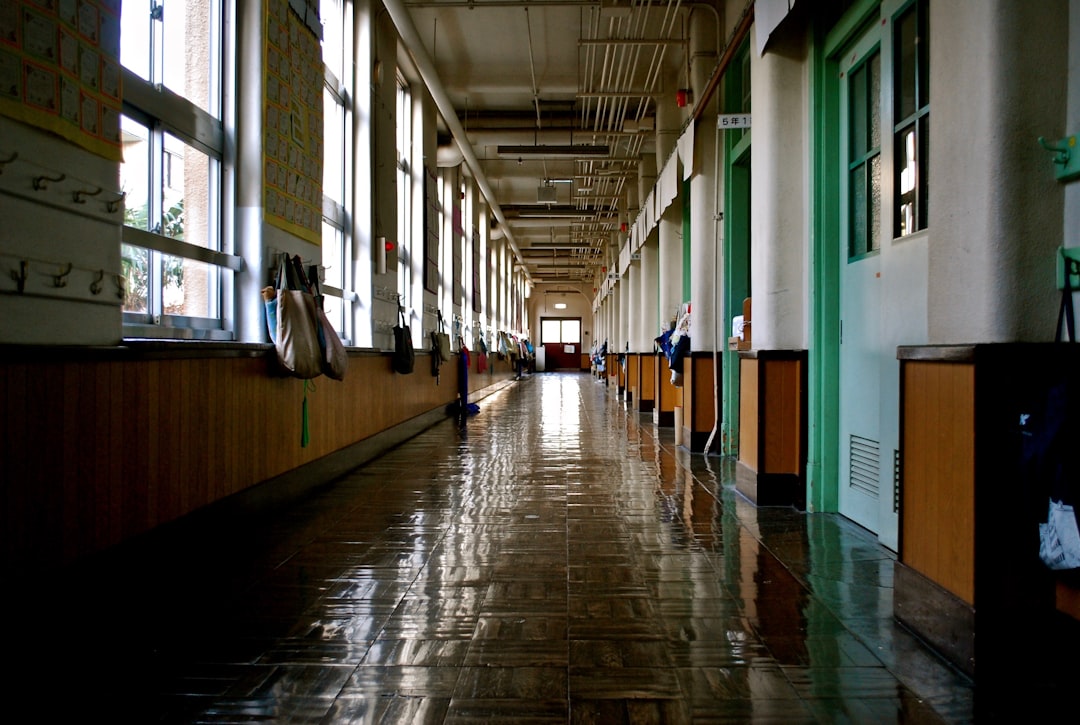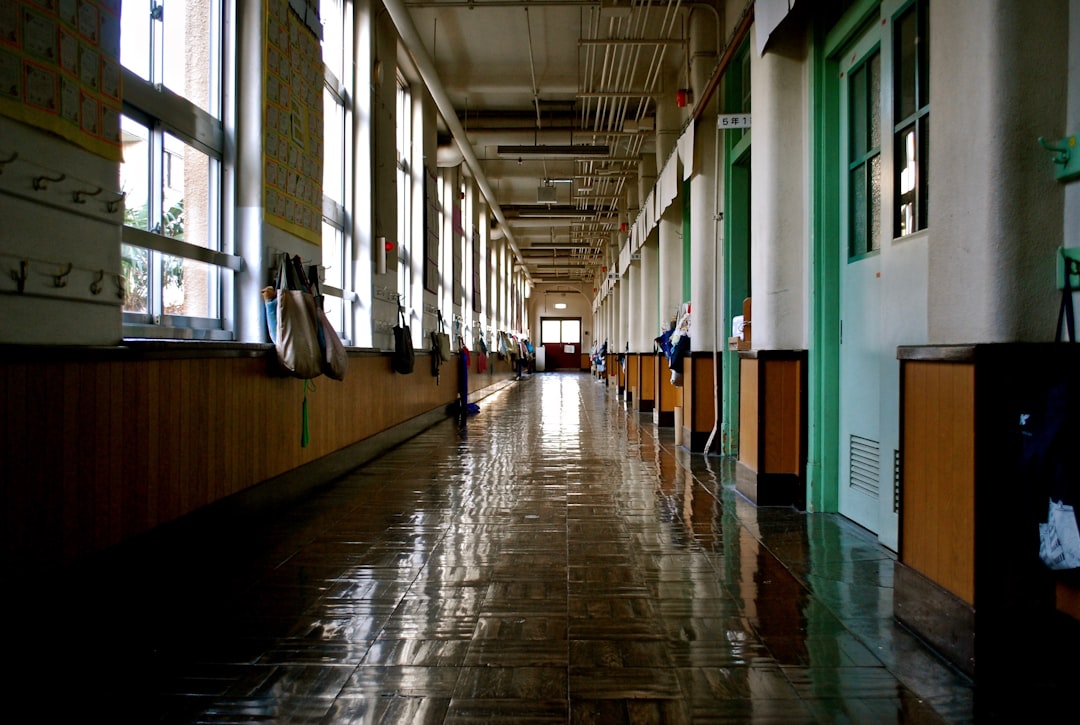School administrators in Syracuse, New York, play a vital role in protecting students from abuse through adherence to state laws and guidelines. They must stay informed about these regulations, including those provided by school abuse law firms, to recognize, report, and investigate abuse effectively. Interactive training, case studies, and updates on legislative changes are essential for administrators to navigate these complex issues and create safer learning environments. By fostering a culture of open dialogue, diverse reporting, and proactive student education, Syracuse schools can ensure compliance with New York's stringent school abuse laws.
In the dynamic landscape of education, ensuring student safety is paramount. This article explores continuing education initiatives focused on abuse prevention for Syracuse school administrators, highlighting key aspects such as navigating New York’s school abuse laws and implementing effective training strategies. By delving into these areas, we aim to empower administrators with the knowledge needed to foster a culture of safety within Syracuse schools, drawing from best practices and insights from leading school abuse law firms in New York.
Understanding the Legal Landscape: School Abuse Laws in New York State
In New York State, the legal landscape surrounding school abuse is meticulously crafted to protect students and ensure their well-being. A range of laws and regulations guide how schools handle reports of abuse, from mandatory reporting requirements to specific protocols for investigations. School administrators in Syracuse, NY, play a pivotal role in navigating these laws effectively. Understanding the nuances of state legislation, such as those enforced by reputable school abuse law firms in New York, is crucial for administrators to make informed decisions and ensure compliance. This includes recognizing various forms of abuse, understanding reporting procedures, and knowing the legal implications of failing to act.
By staying abreast of these laws, Syracuse school administrators can foster a safer learning environment. They become equipped to handle sensitive situations with the knowledge to distinguish between legitimate concerns and unsubstantiated allegations. Moreover, they gain the expertise needed to collaborate effectively with law enforcement, child protective services, and legal professionals when necessary, ensuring that any incident of abuse is addressed promptly and in line with New York State’s stringent guidelines.
The Role of School Administrators in Preventing and Responding to Abuse
School administrators play a pivotal role in creating and maintaining safe learning environments for students. In the context of school abuse, they are often the first line of defense against potential harm. With the help of New York’s stringent school abuse laws, administrators have the legal framework to prevent, identify, and respond effectively to instances of abuse. Their duties encompass implementing policies that align with these laws, ensuring staff training in recognition and reporting procedures, and fostering a culture where students feel comfortable disclosing any form of mistreatment.
Beyond prevention, administrators are tasked with swift and appropriate responses when abuse is suspected or reported. This involves conducting thorough investigations, collaborating with law enforcement if necessary, and providing support to both the victim and the broader school community. The well-being of students under their care demands proactive measures and a comprehensive understanding of local laws related to school abuse, making continuous learning through programs focused on this topic invaluable for Syracuse school administrators.
Effective Training Strategies for Continuous Education Programs
Effective training strategies are essential for continuous education programs aimed at preventing school abuse in Syracuse, New York. Interactive workshops and simulations can immerse administrators in realistic scenarios, fostering a deeper understanding of the nuances of abuse identification and response. These hands-on approaches encourage critical thinking and problem-solving skills, ensuring that administrators are equipped to handle diverse situations with confidence and sensitivity.
Additionally, incorporating case studies from real-life instances of school abuse, as facilitated by reputable New York school abuse law firms, provides valuable insights. By examining these cases, administrators can learn from both successful and unsuccessful responses, enhancing their ability to navigate complex legal and ethical considerations. Regularly updating training materials to reflect the latest legislative changes and best practices is vital, ensuring that administrators remain current with evolving guidelines for reporting and managing incidents of abuse.
Building a Culture of Safety: Best Practices for Syracuse Schools
Creating a safe and supportive learning environment is paramount for every Syracuse school, and preventing abuse is at the heart of this mission. Building a robust culture of safety involves fostering an atmosphere where students feel empowered to speak out against any form of mistreatment, and staff members are equipped with the knowledge and tools to address these issues promptly. The first step is implementing clear policies and procedures that outline expectations regarding student welfare and code of conduct. These should be communicated effectively to all stakeholders, including students, parents, and faculty. Regular training sessions on identifying signs of abuse and reporting protocols can help school administrators play an active role in prevention.
New York’s strict school abuse laws mandate that educators are vigilant in protecting their students. By integrating best practices, such as mandatory reporting, proactive student education, and consistent discipline, Syracuse schools can create a robust safety net. Encouraging open dialogue between students and staff, promoting diverse reporting channels, and ensuring confidentiality can further strengthen this culture. These measures not only empower students but also provide administrators with the necessary insights to take prompt action against potential abusers, thereby fostering an environment that is truly safe and nurturing for all.






